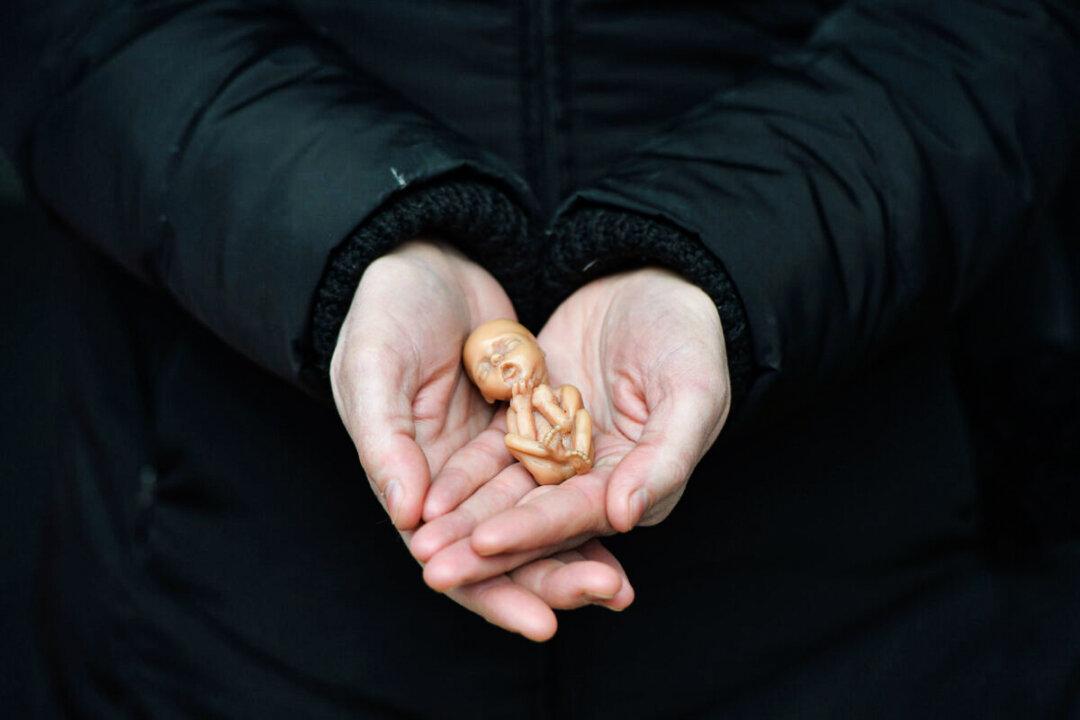An abortion ban that went into effect in Texas last September will remain as such for the foreseeable future, after a federal appeals court sent a case challenging the ban to the state’s Supreme Court, dealing the abortion clinics challenging the law a small defeat.
The U.S. Court of Appeals for the 5th Circuit, which is perceived as a conservative appellate court, in a 2-to-1 decision, sent the case to the Texas Supreme Court.




